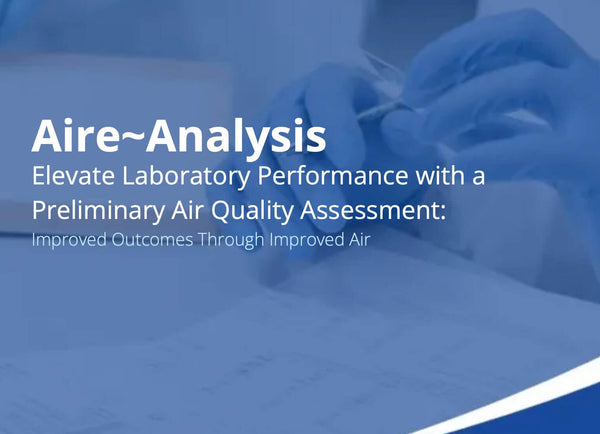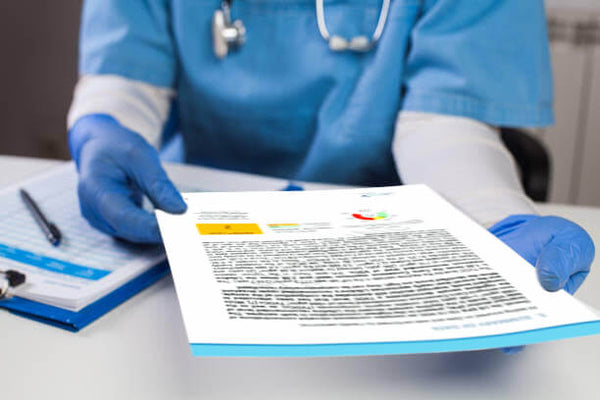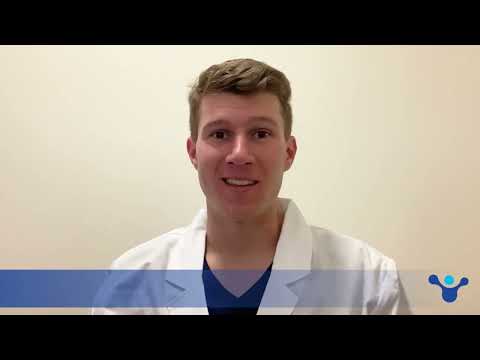
Elevate Laboratory Performance with a Preliminary Air Quality Assessment:
Improved Outcomes through Improved Air
Aire~Analysis ™ provides a comprehensive air quality evaluation to assist IVF laboratories in enhancing their outcomes by detecting and eliminating harmful airborne contaminants.
Even ISO 5 cleanrooms, which are designed to be exceptionally clean, can fall prey to unseen pathogens that are known to impact IVF outcomes. Parts per billion (ppb) levels of VOCs can be detrimental to embryo culture (Mortimer et. al., 2018). Each embryotoxic VOC has unique characteristics and risk factors to the culture environment (Fox et. al., 2022).
Identify sources of embryotoxic airborne contamination in your facility
Elimination of low level (ppb level) airborne pathogens can increase ongoing pregnancy rates by up to 14.9% (Palter et. al. 2016).

Novel EBTOX Scoring Included
• Use of the Embryonic Burden and Toxicity Score (EBTOX ): a first of its kind risk assessment method for IVF culture environments
• Supported by published models (Fox et. al., 2022)
• Presents specific risks for each VOC identified
• Identifies problematic sources
What makes our Aire~Analysis unique?
LifeAire’s Aire~Analysis program offers comprehensive insights from operational clinical studies, years of experience, and ongoing research specific to the role of the culture environment in preimplantation toxicology. The analysis focuses on VOC speciation understanding that examining individual effects is more impactful than that offered by a total VOC count. Each VOC is known to influence different outcomes. With widely varying partitioning kinetics profiles and relative toxicity levels, it is crucial that the practitioner understand exactly what chemical species exist within their culture environment.
What does our Aire~Analysis include?
• Preliminary examination of air quality using EPA Method approved canister testing
• Explanation of the relationship of air quality to embryogenesis
• A comprehensive report containing insights for specific VOCs unique to your lab
• Personal Q&A session on removal of identified embryotoxic pollutant sources
LifeAire Aire~Analysis™ Kit Guide
Each testing kit contains one sample canister and one regulator. Each kit should only be placed in one unique location during testing. This table helps determine the appropriate number of kits to use when testing.
| Number of Kits |
Scenario |
Notes |
| 1 | • Small IVF lab, daytime testing |
For a quick “spot check” of VOCs. |
| 2 |
• Large or irregularly shaped lab |
Recommended minimum. Testing during daytime and nighttime allows for evaluation of air handler performance in clearing airborne threats. |
| 3 |
• Day and night in the lab, plus procedure room or other adjacent space |
Trace the flow of VOCs from adjacent spaces into your lab. This helps to pinpoint the location of external sources. |
| More |
• Indoor and outdoor testing |
For larger facilities, it is beneficial to include more kits for identifying specific sources. |
Note: All daytime testing should ideally be conducted on a day of “high activity”, i.e. NOT during a shutdown.




